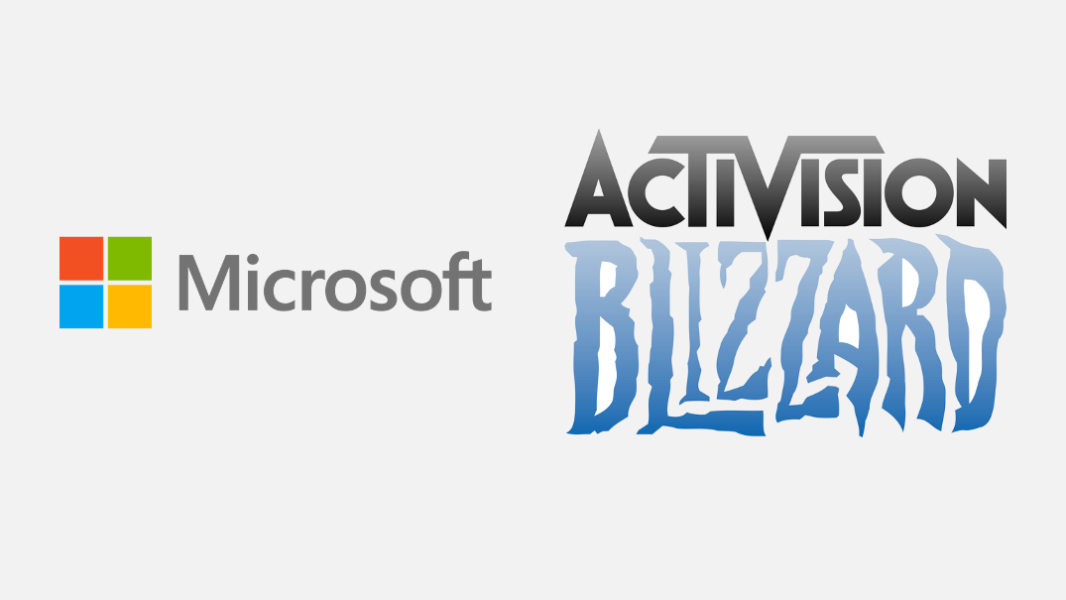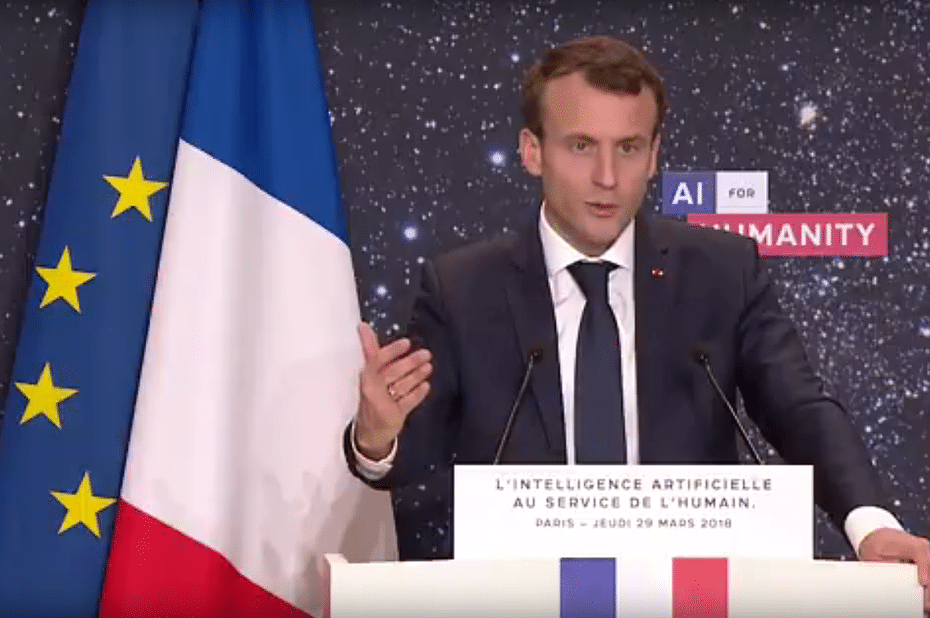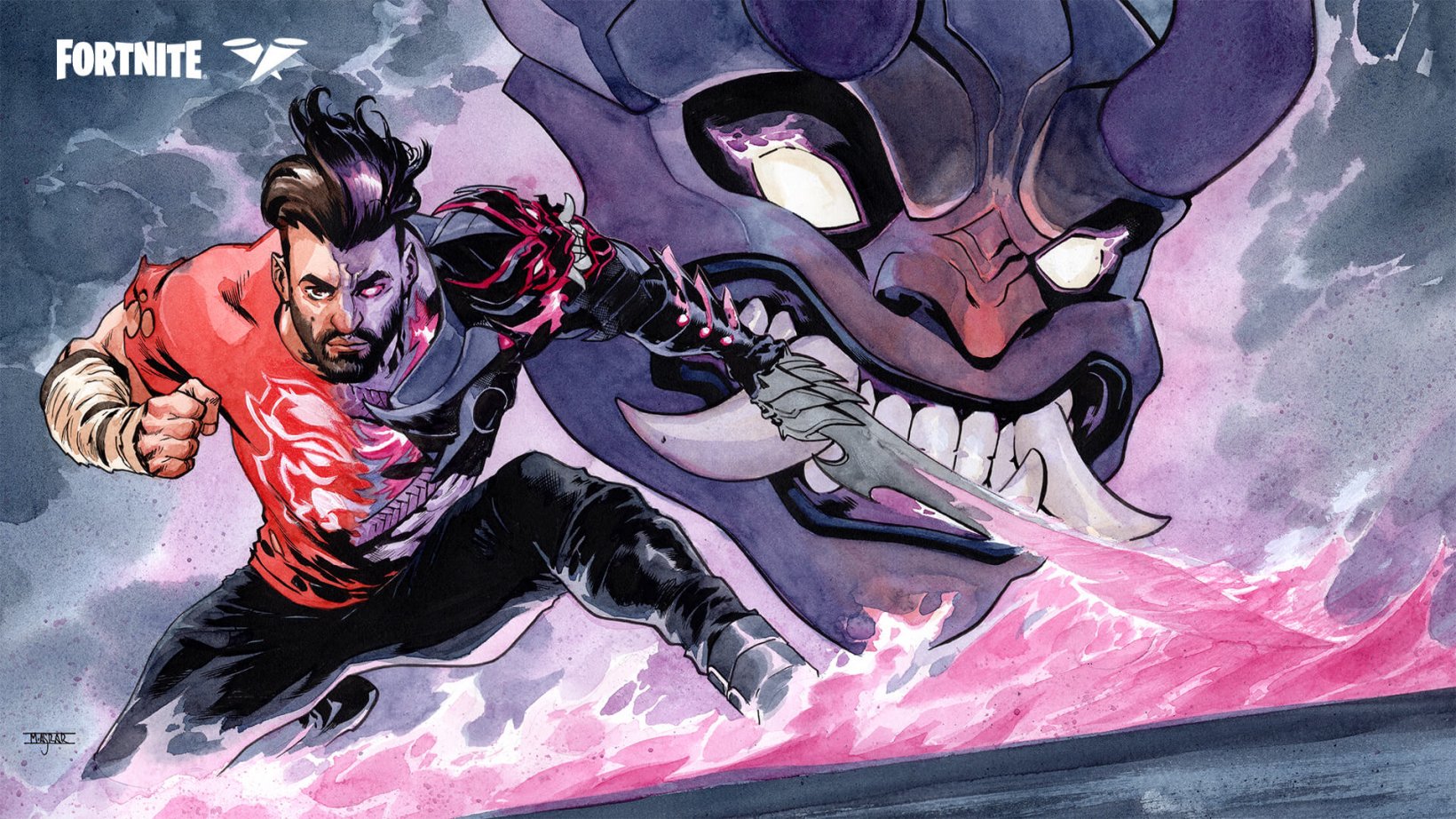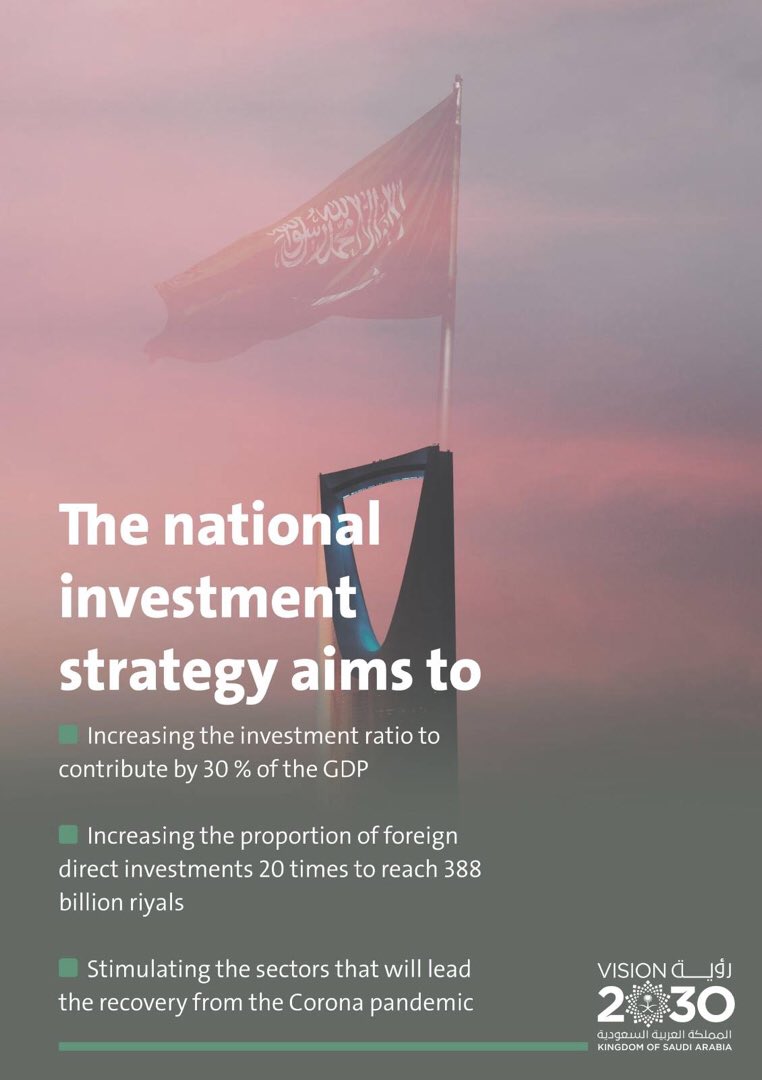FTC Challenges Court Ruling On Microsoft's Activision Blizzard Acquisition

Table of Contents
The FTC's Case Against the Merger
The FTC's core argument centers on the assertion that the Microsoft Activision Blizzard merger would create an anti-competitive environment, harming both consumers and the industry's competitive landscape.
Concerns about Anti-Competitive Behavior
The FTC believes the merger will stifle competition, primarily within the console gaming market and the burgeoning cloud gaming sector. They fear Microsoft will leverage its control over Activision Blizzard's significant portfolio to exclude competitors.
- Exclusive Game Titles: Microsoft might make popular Activision Blizzard games, like Call of Duty, exclusive to Xbox, hindering PlayStation and other platforms.
- Pricing Power: The combined entity could exert greater pricing power, leading to higher prices for consumers.
- Reduced Innovation: Lack of competition could stifle innovation and limit the development of new and exciting gaming experiences.
This concern extends beyond traditional console gaming; the FTC anticipates similar anti-competitive practices in the cloud gaming market, limiting access and hindering the growth of competing services. Microsoft's market share in cloud gaming, coupled with Activision Blizzard's extensive catalog, raises serious concerns about monopolization.
The Role of Call of Duty
Call of Duty plays a central role in the FTC's argument. Its immense popularity and market dominance make it a key bargaining chip. The FTC argues that making Call of Duty exclusive to Xbox would significantly harm PlayStation players and give Microsoft an unfair advantage.
- Market Dominance: Evidence presented by the FTC highlights Call of Duty's consistently high sales figures and its status as a leading first-person shooter franchise.
- Switching Costs: Players invested in the PlayStation ecosystem face high switching costs, potentially leading to a captive audience for Microsoft.
- Competitive Impact: The loss of Call of Duty could significantly impact PlayStation's market share and competitiveness.
The FTC believes that losing access to Call of Duty, a gaming juggernaut, would cause irreparable damage to competitors, pushing them out of the market or forcing them to make significant concessions.
The FTC's Legal Strategy
The FTC’s legal strategy rests on demonstrating the merger's anti-competitive nature. Their appeal is based on:
- Violation of Antitrust Laws: The FTC argues the merger violates antitrust laws by substantially lessening competition.
- Lack of Sufficient Remedies: The FTC contends that the remedies suggested by the court to mitigate potential harm are insufficient to address their concerns.
- Market Dominance: The FTC uses market share data and analysis to prove Microsoft's potential for monopolistic practices.
They've pointed to precedent cases involving similar mergers to bolster their arguments, highlighting past instances where large acquisitions led to suppressed competition.
The Court's Ruling in Favor of Microsoft
Despite the FTC’s concerns, the court ruled in favor of Microsoft, allowing the acquisition to proceed.
Judge's Reasoning
The judge's decision, while acknowledging some potential anti-competitive concerns, ultimately sided with Microsoft based on several key factors:
- Insufficient Evidence: The court felt the FTC didn't provide enough concrete evidence to demonstrate the merger would lead to significant harm to competition.
- Market Dynamics: The judge considered the dynamic nature of the gaming market, acknowledging the presence of other significant players.
- Potential Benefits: The court possibly considered potential benefits resulting from the merger, such as increased innovation or broader access to games.
The judge's assessment seemingly prioritized the potential benefits over the perceived risks, a controversial aspect of the decision that the FTC is challenging.
The Judge's Consideration of Remedies
The court did consider remedies to potentially mitigate anti-competitive concerns. However, these remedies were deemed insufficient by the FTC.
- Behavioral Remedies: Potential remedies like agreements to maintain Call of Duty's availability on other platforms were considered but might not fully address the FTC’s worries.
- Structural Remedies: Structural remedies, such as divesting certain parts of Activision Blizzard, were likely not considered feasible or necessary by the judge.
The judge’s decision to allow the merger without stricter structural remedies is another key point of contention within the FTC's challenge.
Potential Implications of the FTC's Challenge
The FTC's challenge to the court's ruling carries significant implications for various stakeholders.
Impact on the Gaming Industry
The long-term effects on the gaming industry depend heavily on the outcome of the FTC's appeal:
- Increased Exclusivity: If the FTC loses, we may see increased exclusivity of major titles, potentially limiting player choice and potentially raising prices.
- Stifled Competition: The acquisition could stifle competition, leading to less innovation and potentially less diverse gaming experiences.
- Market Consolidation: A successful merger could accelerate the consolidation of the gaming industry, leading to fewer major players.
Implications for Future Mergers and Acquisitions
The FTC Challenges Microsoft Activision Blizzard case will serve as a precedent for future mergers and acquisitions in the tech sector:
- Increased Regulatory Scrutiny: The FTC's challenge indicates increased regulatory scrutiny of large tech mergers, particularly in the gaming industry.
- Tougher Antitrust Enforcement: The case may lead to a stricter approach to antitrust enforcement, potentially making future large-scale acquisitions more challenging.
- Re-evaluation of Merger Guidelines: The case might prompt regulators to re-evaluate existing merger guidelines to better address the unique challenges of the rapidly evolving tech landscape.
Conclusion
The FTC Challenges Microsoft Activision Blizzard case represents a critical juncture for the gaming industry and antitrust enforcement. The FTC's arguments highlight significant concerns about anti-competitive behavior, focusing on the potential for Microsoft to leverage the acquisition to dominate the market. While the court initially approved the merger, the FTC's challenge introduces significant uncertainty. The outcome will impact not only the gaming industry's competitive landscape but also the future of mergers and acquisitions in the tech sector, setting a precedent for how regulators approach such large-scale deals in the years to come. The FTC Challenges Microsoft Activision Blizzard situation remains fluid; the ongoing legal battle will undoubtedly shape the future of gaming and tech.
Call to Action: Stay informed about the ongoing FTC Challenges Microsoft Activision Blizzard case. Follow this site for updates and analysis on this critical development in the gaming industry. Continue the conversation by sharing your opinions in the comments below. Let us know what you think about the FTC’s challenge to Microsoft’s acquisition of Activision Blizzard.

Featured Posts
-
 6aus49 Ergebnisse Mittwoch 9 April 2025 Alle Gewinnzahlen Im Ueberblick
May 03, 2025
6aus49 Ergebnisse Mittwoch 9 April 2025 Alle Gewinnzahlen Im Ueberblick
May 03, 2025 -
 Macron Defend Un Patriotisme Economique Europeen Face Aux Defis De L Intelligence Artificielle
May 03, 2025
Macron Defend Un Patriotisme Economique Europeen Face Aux Defis De L Intelligence Artificielle
May 03, 2025 -
 Maines Post Election Audit A New Era Of Election Integrity
May 03, 2025
Maines Post Election Audit A New Era Of Election Integrity
May 03, 2025 -
 Fortnite Adds Another Icon Details On The New Skin
May 03, 2025
Fortnite Adds Another Icon Details On The New Skin
May 03, 2025 -
 Astratyjyt Astthmaryt Jdydt Lljbht Alwtnyt
May 03, 2025
Astratyjyt Astthmaryt Jdydt Lljbht Alwtnyt
May 03, 2025
